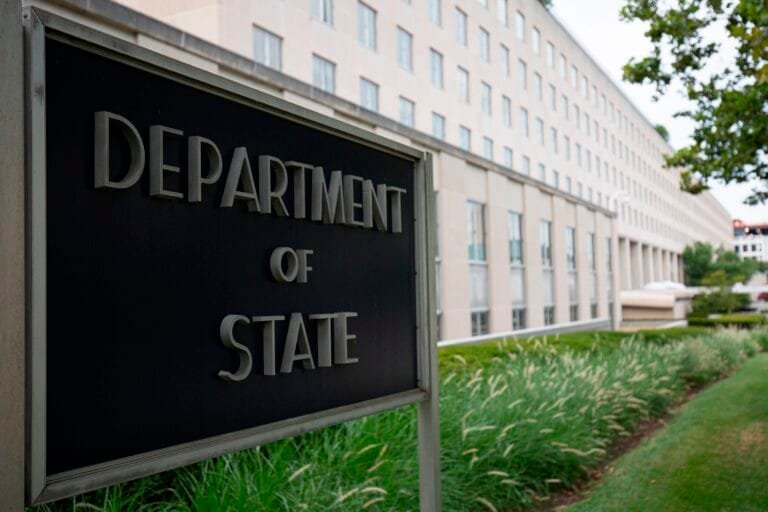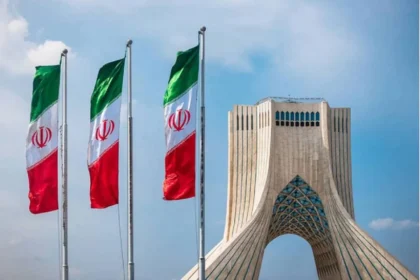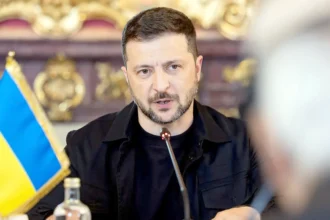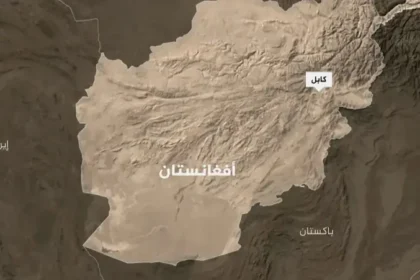Washington, United States – The United States announced Thursday it was imposing sanctions on six targets linked to North Korea’s revenue generation. The sanctions include individuals and a company in Burma. This is part of Washington’s efforts to deny Pyongyang illicit funding.
The US State Department said the move targets networks that provide resources to the North Korean regime. It also helps arm the Burmese military junta since its 2021 coup.
Disrupting illicit financing
The State Department explained that the sanctions aim to disrupt activities that facilitate attacks against civilians in Burma. They also aim to halt the flow of funds to Pyongyang’s weapons of mass destruction and ballistic missile programs.
Details of targeted entities
The Burmese company Royal Chun Lee has been blacklisted. It is considered a front company for supplying military equipment to Burma in coordination with North Korea.
The sanctions target five key company employees. Most notably, Kyaw Thu Myo Myint and Tin Myo Aung played a role in facilitating military deals with Kim Yong Ju, the North Korean KOMID representative in Beijing.
The measures also targeted North Korean Nam Chol Ung. US officials accuse him of running a vast network that launders foreign currency proceeds through front companies in Southeast Asia. He is considered a representative of Pyongyang’s Reconnaissance General Bureau (RGB).
Background on military cooperation between Pyongyang and Burma
Military relations between North Korea and Burma date back decades. Pyongyang has repeatedly been accused of supplying weapons and military equipment to the military junta in Naypyidaw. This occurs despite strict international sanctions.
Since the 2021 coup, the Burmese military has strengthened these ties. They take advantage of Pyongyang’s international isolation to secure alternative arms sources away from Western oversight.
US commitment to continued pressure
The State Department confirmed that the new sanctions are part of a broader US policy. This policy aims at deterring regimes that “employ internal repression and pursue policies that destabilize the region.” The department noted that any entity or individual that contributes to the empowerment of the regimes in Burma or North Korea “will face direct consequences.”
Potential repercussions
Observers believe that these sanctions may further isolate the two regimes. At the same time, they may push them to deepen cooperation with other parties, such as Russia or Iran. This is in an attempt to circumvent US and international restrictions.
















